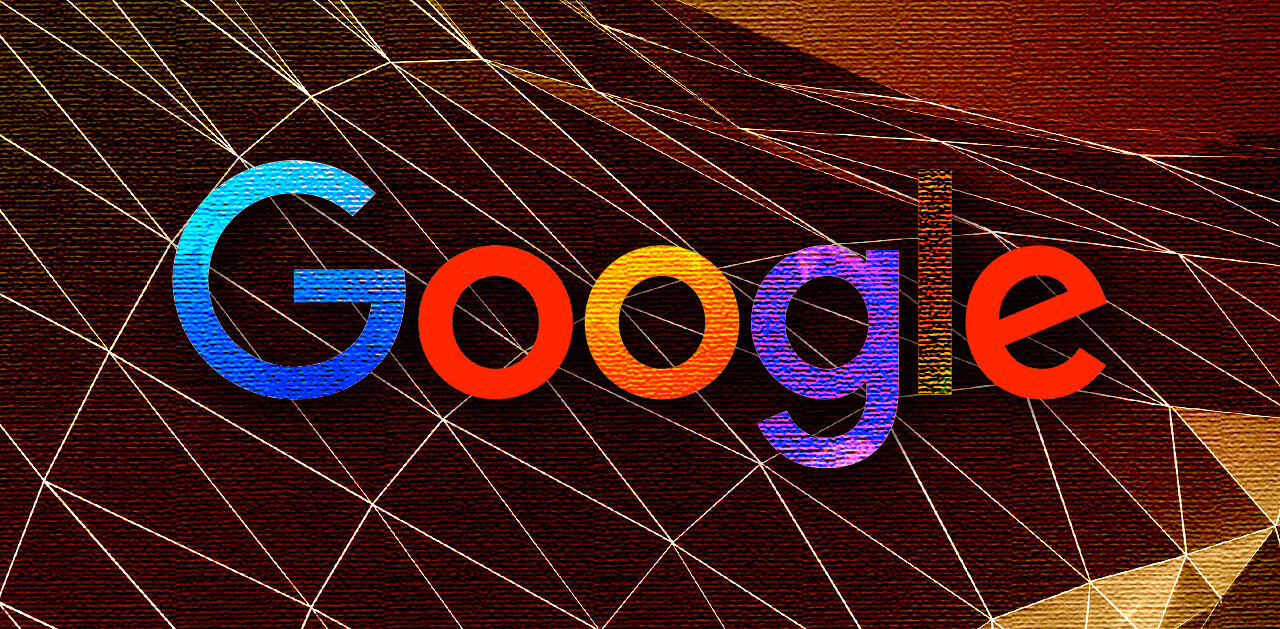
What with recent rises in adblocker use and widespread negativity, you could be forgiven for thinking that everyone sees online advertising as the devil incarnate.
For businesses that rely heavily on digital advertising and marketing, this can seem like a real challenge. The truth is, though, that most people are actually fine with online advertising.
About 83 percent of people think not all ads are bad, and about 77 percent would prefer to filter ads than block them outright.
It seems that people are quite happy to receive ads and be sold things they want, in the right way. Unfortunately, there are lots of ‘wrong ways’ for your business to go about thing, too.
That’s why the types of ads that companies use matters enormously. Most of us feel negatively about sites with obnoxious and intrusive ads — which means the wrong kind of advertising could be driving your prospects away and into the open arms of the latest adblocking software.
Good and bad of ads
When it comes to the least favorite of online advertising, there’s a clear winner: banner ads.
According to a report by Nielsen, banner ads are the least trusted form of advertising among consumers. Nothing is more likely to turn a prospective customer away.
There are a few reasons, but it boils down to their impersonal approach. People don’t feel a connection with banner ads — they feel spammy, poorly targeted, and intrusive. That makes it hard to trust them, and drives people away.
Chatbots are one example of an advertising medium that’s been going from strength to strength. Food delivery platform JustEat reported a conversion rate with their chatbot that was 266 percent higher than their average social ad.
Why do they do so well? It’s simple — people trust them. According to one survey, more than 1 in 3 Americans are willing to make a purchase through a chatbot. They feel personal and direct, and make the customer feel at ease.
Another approach that seems to be working well is push notifications. For Chargebee, a billing SaaS, using push notifications resulted in a 200 percent increase in click-through rates.
Push notifications have also been shown to boost app engagement by 88 percent. This success is due to the same reasons — people like personal, targeted advertising that speaks to them directly.
These methods seem to be significantly more useful to businesses, and more welcomed by their customers.
The mercy of third parties
Currently, the top 3-4 tech companies are dominating the online advertising space.
As the biggest and most successful companies in the world, they rely on clever use of user data, which they use in conjunction with advertising companies to help target ads at people who will be more likely to respond positively.
Companies and advertisers can’t interact directly with their prospects — they’re forced to go through a third party — so it’s harder to build direct, meaningful relationships and use ad styles like those mentioned above.
Anyone who has tried to market their business will know full well the importance of understanding prospects inside out and targeting them effectively.
Ad innovation using blockchain
You heard it before, over and over again. Most people still don’t realize that blockchain isn’t a “Bitcoin” thing, it’s an entire matrix and a foundation for breaking technologies.
As advertising is the hottest field in the world, it’s only natural that many brains are trying to solve the pains of the ad world using new technologies, especially those who rely on privacy and security.
People like Neil Patel, one of the world’s better known marketers (previously founded Crazyegg, Kissmetrics, Hellobar and advised to fortune 100 companies) see the potential blockchain in improveing the ad scene. He now advises to a company which uses blockchain to allow advertisers and users connect without data breaches, and he’s extremely enthusiastic about the potential in the ad space.
If used properly, blockchain could spark a move away from irritating and poorly-performing banner ads and sidebar ads and allow ad companies to focus on the types of ads that really work.
Get the TNW newsletter
Get the most important tech news in your inbox each week.




